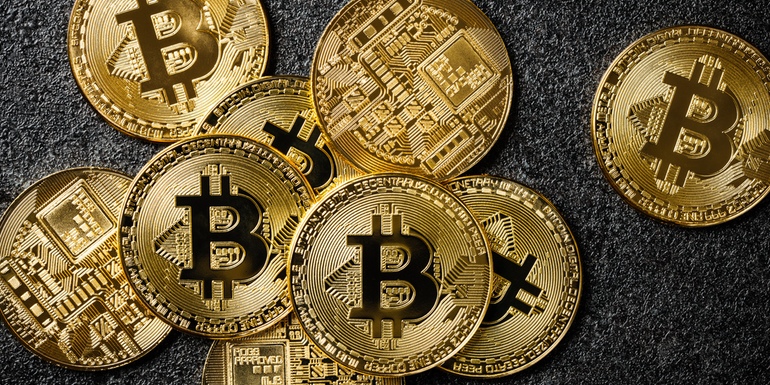When it’s a question of money – everyone is of the same religion, or so said Voltaire. Like religion, there are many different perspectives on how it helps (or hinders) us. It’s probably one reason why people always say you should never talk about money, religion or politics at the dinner table. There are so many differing views!
It is not to say we should never discuss money; instead, it’s helpful to be selective about our timing and our company. Whilst we may all abide by the same transactional value and guidelines of currency, we will have very different cultural and emotional connections with money.
For this very reason, it’s a powerful conversation focus for relationship counselling, in the same way, that religion is. Our views on money impact every choice we make, including raising a family, spending and retirement.
But it’s not always the views we can see that influence our choices; it’s also the views that we can’t see. These are our biases. And they can profoundly affect our bank balance.
A modern, integrated religious thinker, Brian Mclaren, outlines a number of biases on his blog to understand just how complex our decision-making processes are and help us begin to ‘see what we can’t see’.
Most of us have experienced several, if not all of them, at some point in our lives. Here are a few of Mclaren’s biases.
Confirmation Bias: We judge new ideas based on the ease with which they fit in with and confirm the only standard we have: old ideas, old information, and trusted authorities. As a result, our framing story, belief system, or paradigm excludes whatever doesn’t fit.
Complexity Bias: Our brains prefer a simple falsehood to a complex truth.
Community Bias: It’s almost impossible to see what our community doesn’t, can’t, or won’t notice.
Complementarity Bias: If you are hostile to my ideas, I’ll be hostile to yours. If you are curious and respectful of my opinions, I’ll respond in kind.
Competency Bias: We don’t know how much (or little) we know because we don’t know how much (or little) others know. In other words, incompetent people assume that most other people are about as incompetent as they are. As a result, they underestimate their [own] incompetence and consider themselves at least of average competence.
Consciousness Bias: Some things simply can’t be seen from where I am right now. But if I keep growing, maturing, and developing, someday I will be able to see what is now inaccessible to me.
Comfort or Complacency Bias: I prefer not to have my comfort disturbed.
Conservative/Liberal Bias: I lean toward nurturing fairness and kindness or towards strictly enforcing purity, loyalty, liberty, and authority, as an expression of my political identity.
Catastrophe or Normalcy Bias: I remember dramatic catastrophes but don’t notice gradual decline (or improvement).
Cash Bias: It’s hard for me to see something when my way of making a living requires me not to see it.
Conspiracy Bias: Under stress or shame, our brains are attracted to stories that relieve us, pardon us, or portray us as innocent victims of malicious conspirators.
It’s a hefty list, but if we can begin to identify and observe biases that keep us stuck in unproductive behaviours and patterns, we can ask ourselves: How can I start to let go of that?
This is a journey of progress, not perfection, made richer and more rewarding by the relationships we enjoy and share. By working on our own biases, we will not only improve our bank balances, but we will enhance our relationships and have considerably less cause for indigestion at dinner time!










